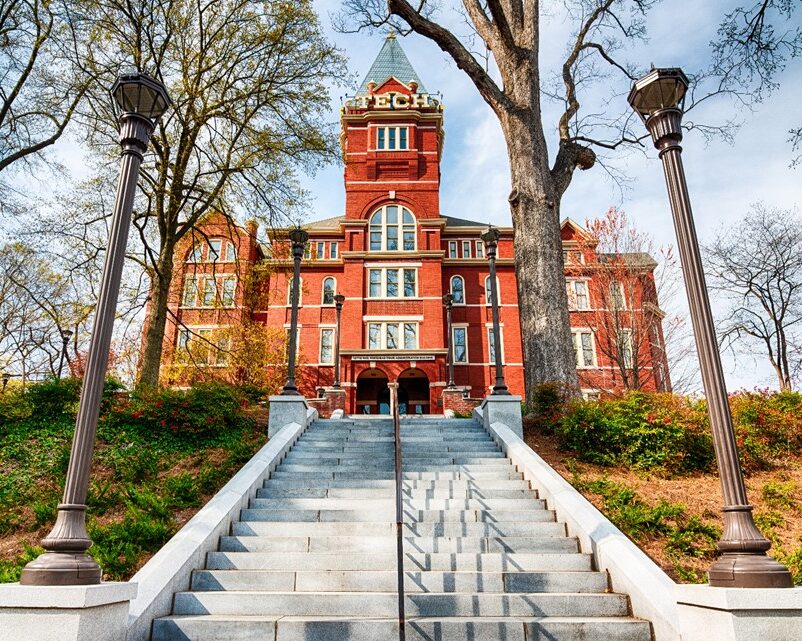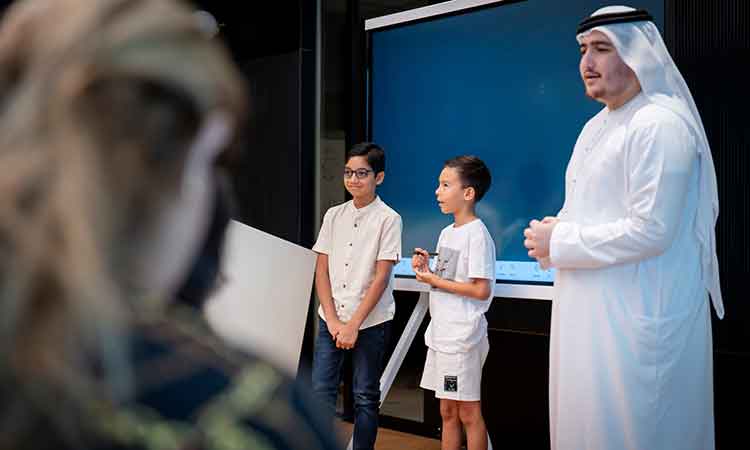
One researcher who is an expert in developing AI revealed his doubts about its future.
ATLANTA — The hotly debated future of artificial intelligence has some of its roots at Georgia Tech, which has a substantial AI research lab.
A visit there reveals that some of the people who have made their life’s work developing artificial intelligence are among those who are becoming the most uneasy about it.
“Is it good? That’s a good question,” said Dr. Brian Magerko, who runs Georgia Tech’s Expressive Machinery Lab. The college has spent years developing artificial intelligence.
Magerko said many of the recent advances in AI have come not from research labs, but rather from big business.
“This is very much driven by large companies with the resources and maybe the lack of ethical standards to build these things,” Magerko said. “I don’t have a lot of faith in these large companies self-policing.”
Smaller-scale artificial intelligence is commonplace on smartphones and commercial apps. But Magerko said larger-scale AI apps are also rapidly becoming commonplace.
An enhanced AI app was a blessing to a college student named Tiambre, who asked us to withhold her last name.
“Yep! It would give me a whole paper in five minutes,” she said.
Asked if that was the right thing to do, she said: “Everyone cheats in college.”
Recent grad Blake Lowe fears AI will squeeze the job market in the filmmaking career he seeks.
“I think definitely AI could be coming for my job,” Lowe told 11Alive Friday.
“Technology has reached that point where it can mimic life but it can’t actually have that same energy and that same essence that life actually has,” added Seven Bun, a man who was toting a bike frame in Midtown Friday.
Artificial intelligence is “very much a tool that is in the hands of people. And I think we need to be much more concerned about how people use these tools than the tools themselves,” Magerko said.
He explained he expects to see artificial intelligence in political discourse and campaigns probably sooner rather than later.




